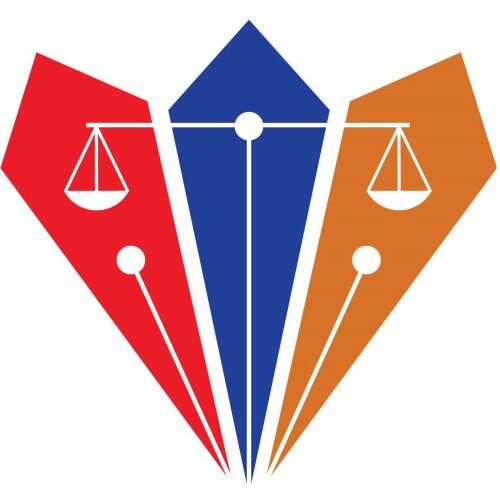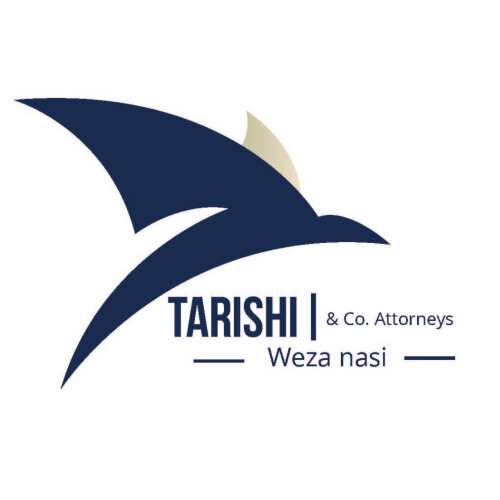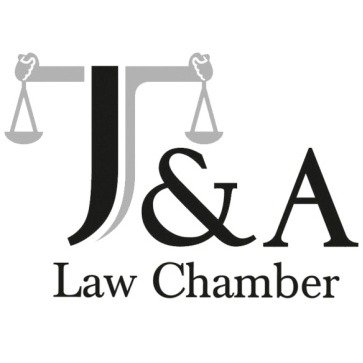Best Tax Increment Financing Lawyers in Tanzania
Share your needs with us, get contacted by law firms.
Free. Takes 2 min.
Or refine your search by selecting a city:
List of the best lawyers in Tanzania
About Tax Increment Financing Law in Tanzania
Tax Increment Financing (TIF) is a public financing method that is utilized to subsidize community improvement projects, economic development, and public infrastructure projects in Tanzania. It allows municipalities and local governments to redirect future tax revenue increases generated by a project towards improving the area. While not as widely developed or utilized as in some Western countries, TIF in Tanzania is increasingly gaining attention as a tool for fostering urban development and revitalization efforts. The legal framework for TIF in Tanzania is evolving, and understanding its intricacies is crucial for stakeholders interested in using this financial tool.
Why You May Need a Lawyer
Dealing with Tax Increment Financing in Tanzania can be complex due to the intricate legal and financial elements involved. Here are some common situations where legal advice may be necessary:
- Understanding the statutory requirements and regulations governing TIF in Tanzania.
- Structuring TIF agreements to ensure compliance with both local and national laws.
- Navigating negotiations between public entities and private developers.
- Resolving disputes or litigation that may arise in the implementation of TIF projects.
- Advising on the impact of TIF on local communities and how to address concerns.
Local Laws Overview
The legal framework for Tax Increment Financing in Tanzania is developing and encompasses several key aspects:
- The Local Government Act guides the administration and financing of local government functions, including use of TIF.
- Regulations specific to urban planning and development impact TIF projects, particularly local zoning laws and land use controls.
- The National Development Corporation plays a role in facilitating and implementing large scale projects that might use TIF.
- Public-Private Partnership Act may be applicable to TIF projects involving both private investors and government entities.
Frequently Asked Questions
What is Tax Increment Financing?
Tax Increment Financing is a financing method where future tax revenue increases are used to fund present-day development and improvement projects.
Is TIF widely used in Tanzania?
While not as widely used as in countries like the United States, TIF is gaining traction in Tanzania as a viable economic development tool.
Who can initiate a TIF project?
Typically, local government authorities initiate TIF projects, often in partnership with private developers.
What types of projects can be funded with TIF?
Projects that can be funded using TIF include infrastructure development, urban revitalization, community improvement districts, and economic development activities.
Are there any risks associated with TIF?
Yes, potential risks include project failure leading to revenue shortfall, increased burdens on taxpayers, and potential for legal disputes.
How does TIF affect local communities?
TIF can promote development and create jobs but may also lead to gentrification or displacement concerns that need careful management.
What role do private developers play in TIF?
Private developers often partner with public entities to implement TIF projects, providing investment capital and expertise in project development.
Do TIF projects require public approval?
Yes, TIF projects generally require approval from relevant public authorities and may involve public hearings to engage community input.
Can TIF be used in rural areas?
While primarily used in urban areas, TIF can also be adapted for use in rural projects, particularly for necessary infrastructure developments.
How are disputes in TIF projects resolved?
Disputes are typically resolved through a combination of negotiation, arbitration, and, if necessary, legal litigation with the assistance of attorneys specialized in TIF.
Additional Resources
For more information and assistance with Tax Increment Financing in Tanzania, consider reaching out to the following resources:
- Ministry of Finance and Planning: For guidance on economic and fiscal policies related to TIF.
- Local Government Authorities: To understand local regulations and opportunities available through TIF.
- National Development Corporation: For information on major national projects and collaborations.
- Public-Private Partnership Centre: Assistance with understanding PPP frameworks involving TIF projects.
Next Steps
If you are considering or involved in a TIF project in Tanzania and require legal advice, take the following steps:
- Gather initial information and documentation about the proposed or ongoing TIF project.
- Contact a legal professional or law firm with expertise in tax and public finance law.
- Schedule a consultation to discuss your situation and explore your options.
- Work collaboratively with your lawyer to navigate the legal requirements and create a strategic plan tailored to your TIF project.
- Remain informed about changes to laws and regulations that may affect your TIF initiatives.
Lawzana helps you find the best lawyers and law firms in Tanzania through a curated and pre-screened list of qualified legal professionals. Our platform offers rankings and detailed profiles of attorneys and law firms, allowing you to compare based on practice areas, including Tax Increment Financing, experience, and client feedback.
Each profile includes a description of the firm's areas of practice, client reviews, team members and partners, year of establishment, spoken languages, office locations, contact information, social media presence, and any published articles or resources. Most firms on our platform speak English and are experienced in both local and international legal matters.
Get a quote from top-rated law firms in Tanzania — quickly, securely, and without unnecessary hassle.
Disclaimer:
The information provided on this page is for general informational purposes only and does not constitute legal advice. While we strive to ensure the accuracy and relevance of the content, legal information may change over time, and interpretations of the law can vary. You should always consult with a qualified legal professional for advice specific to your situation.
We disclaim all liability for actions taken or not taken based on the content of this page. If you believe any information is incorrect or outdated, please contact us, and we will review and update it where appropriate.
Browse tax increment financing law firms by city in Tanzania
Refine your search by selecting a city.















